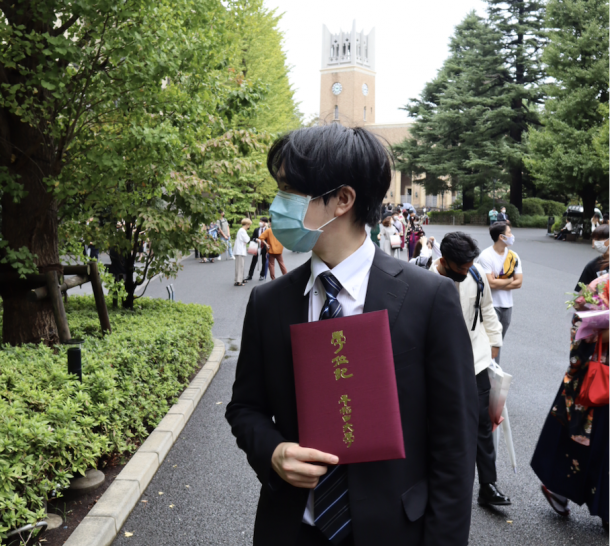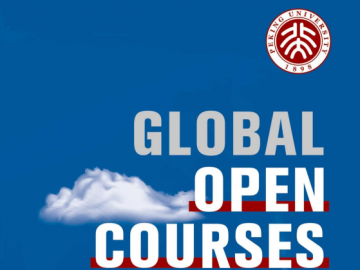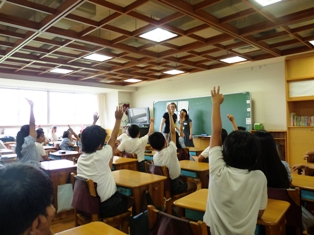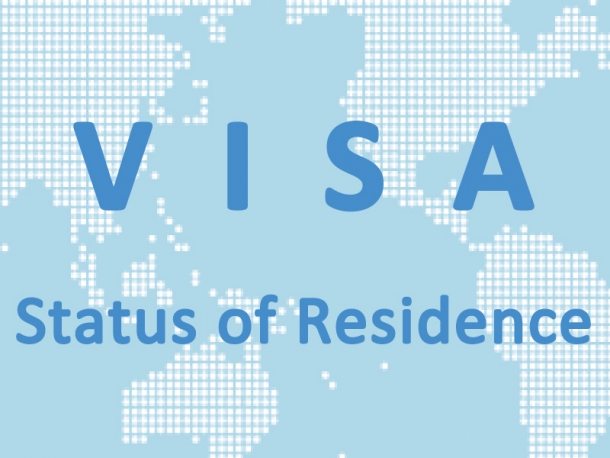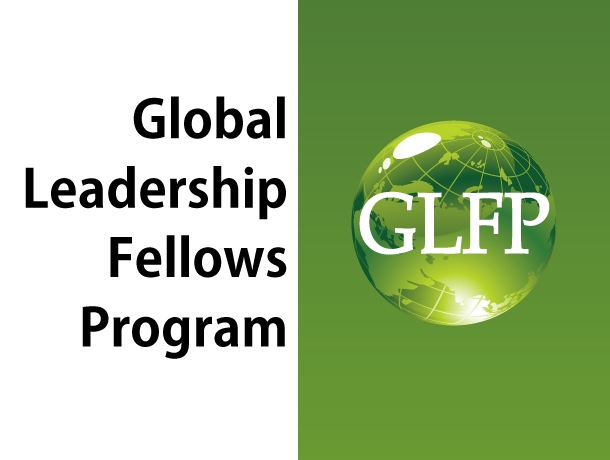Name: Peter (Siyuan) Chai
Department: Graduate School of Political Sciences
Course: China and Africa: Global Encounters in History and Present
It was an eye-opening experience for us to participate in the course “China and Africa: Global Encounters in History and Present” of the Global Open Courses Program offered by Peking University. We not only got the invaluable opportunity to interact with a diverse group of classmates from other parts of the world such as Africa, Southeast Asia, and Europe but also to make our own research proposals based on the knowledge we learned in class. The course was operated in a hybrid format, and through applying the ClassIn learning management system, our classmates physically inside the classroom at Peking University as well as those online were able to have open dialogues with each other and the professor.
After attending the 13 sessions of this course, we were able to have an overview of the topics and issues regularly discussed and researched in the field of China-Africa relations. The professor, Liang Xu, shed light on various cross-sections of China-Africa relations including investment and trade, infrastructure, agriculture, peace and security, and migration. Moreover, he invited guest speakers to share their studies in the fields of public health and African arts. Importantly, we not only looked at the official interactions between China and African states appearing on news articles but also focused our attention on understanding cross-border interactions which have been happening on the civic level between ordinary people on the streets.
We have clearly realized that there is a wide range of social factors which could be incorporated into characterizing the relationships between states and regions, and while political and economic dynamics seem to be at the center of debates, “soft power” in the form of literal, artistic, and cultural interactions may also serve as meaningful ways to conceptualize such relationships. Additional to the lecture contents, the course syllabus recommended a list of books and articles each week for us to read, and the professor recommended us be cautious enough toward media reports and base our judgments on evidence and facts.
The well-structured course design and the instructor’s elaborate explanations allowed us to “knit” pieces of historical and contemporary information to obtain a more objective and comprehensive understanding of how China-Africa relations have developed over time and toward where they might be heading in the future. As students at the Graduate School of Political Science (GSPS) and the School of Political Science and Economics (SPSE), Waseda University, this international program provided us with a pleasant chance to extend our knowledge base beyond the regions located at the center of international relations and political science studies such as North America, Europe, and East Asia to areas of research which seem not to be well developed and aware of yet.
We are inspired by the efforts the scholars in these areas, such as African studies, have devoted to complementing the research gaps and investigating the implications of history and culture on the development of the regions we are living in. We would like to express our sincere gratitude to the CIE (Center for International Education) for supporting us in taking part in virtual programs outside our regular classrooms and informing us of online platforms to expand our horizons as social science students.

